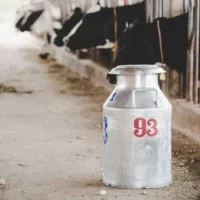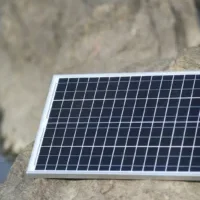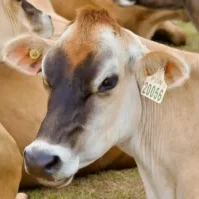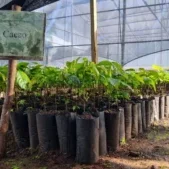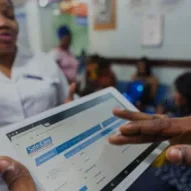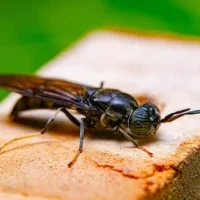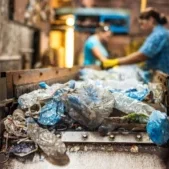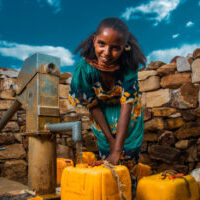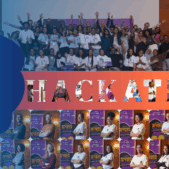
Revolutionizing Clean Cooking in Rwanda: Partners in Pellets
TRAIDE Rwanda, supported by the Dutch embassy, conducted a comprehensive study of Rwanda’s cooking landscape. The findings revealed that in Rwanda, traditional biomass remains the primary source of cooking for 98% of households. This dependence has threatening consequences for health, the economy, and the environment. Indoor air pollution from cooking fires excessively harms women and children who spend more time around the stoves. Furthermore, deforestation is a major concern as firewood is the fuel of choice for 91% of the rural population, and 65% of urban dwellers use charcoal. This heavy reliance on biomass fuels also contributes to climate change through excessive CO2 emissions. It was clear there was a need for a clean and scalable cooking solution accessible across various income levels. TRAIDE identified several options, including bioethanol, electric cookers, improved firewood cookstoves, and pellet-based systems. Among these, pellet-based cooking emerged as the most cost-effective, environmentally friendly, and adaptable solution locally.

Clean cooking sector in Rwanda
Clean Cooking Partnership: Dutch and Rwandan Collaboration
Through strategic outreach to Dutch private sector companies via a collaborative trade mission conducted with the Dutch Embassy partners in Rwanda, a partnership was forged, “Partners in Pellets”, to introduce a commercial yet eco-friendly cooking solution. This partnership aimed to introduce a commercially viable yet environmentally sustainable cooking solution. Drawing upon the expertise of every partner the project sought to promote cleaner and more cost-effective cooking alternatives in Rwanda, emphasizing the adoption of pellets and clean gasifier stoves. By doing so the partnership targeted to tackle a range of issues from health and environmental impacts to economic challenges.

Partnership roles Partners in Pellets
Achievements in Building a Clean Cooking Ecosystem
This strategic partnership transcended the mere provision of pellets and cookstoves, instead advancing a comprehensive clean cooking ecosystem within Rwanda. By leveraging the combined expertise of each partner, we were able to develop a robust and sustainable market for clean cooking solutions. This initiative not only empowered Rwandan communities and improved livelihoods, but also significantly enhanced awareness of clean cooking’s positive impact on public health and environmental conservation. As a result, this collaborative effort has laid the groundwork for a future where Rwanda thrives with a sustainable and healthy clean cooking landscape.

Achievements to date
Interested in the clean cooking sector? We understand the ecosystem and are happy to share insights. Contact us at info@traide.org or reach out directly to Thijs Rutgers.

